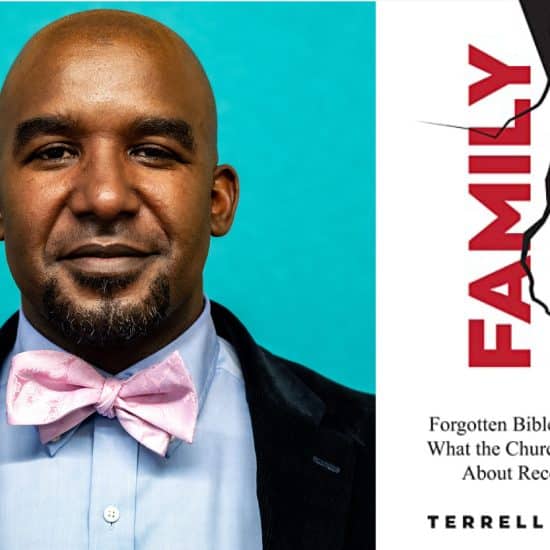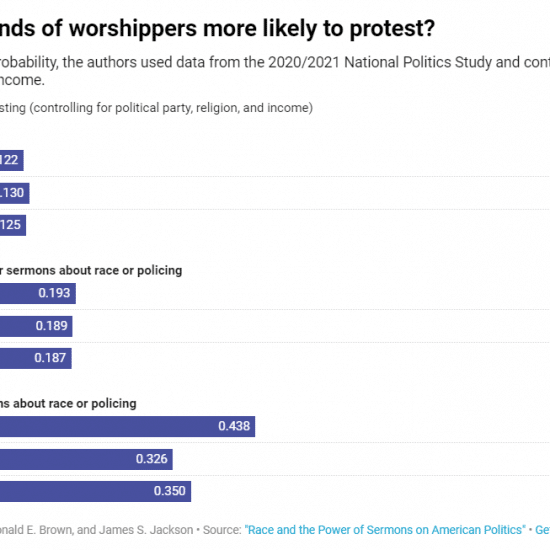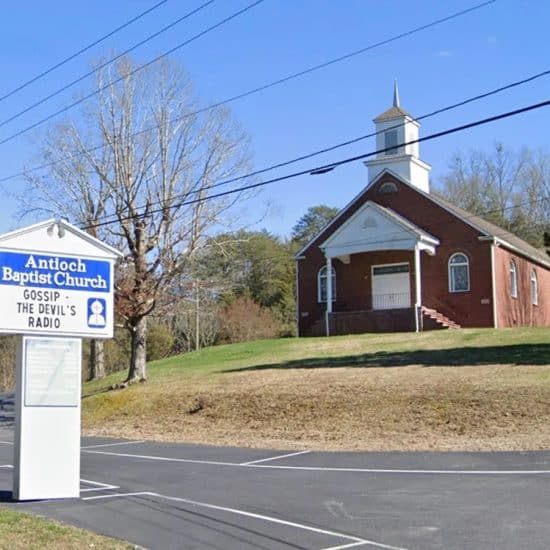MOUNT AIRY, N.C. (ABP) – A North Carolina Baptist association that expelled a church last summer for naming a woman as pastor lost another prominent member congregation Dec. 4.
Members of the 132-year-old First Baptist Church of Mount Airy, N.C., voted to withdraw from Surry Baptist Association after deliberation since the July 25 removal of Flat Rock Baptist Church, shortly after 28-year-old Bailey Nelson moved there as the association’s first female senior pastor.
An article in the First Baptist Mount Airy newsletter said Flat Rock’s ouster disturbed many people in churches across the county, both because of the outcome and the process involved.
The recommendation to expel Flat Rock Baptist came after church leaders declined to meet with “concerned pastors” who believed Nelson’s selection threatened fellowship of the 65-church association. Assuming the only “solution” to the problem was revoking their pastor’s call, Flat Rock leaders said there was nothing to discuss.
Mount Airy members quoted by local media said the ouster of a sister church culminated a general feeling that their church was underrepresented in the association. With 500 resident members, First Baptist is Surry Baptist Association’s fourth-largest financial contributor so far this year, according to the most recent associational newsletter.
Both First Baptist and Flat Rock belong to the Cooperative Baptist Fellowship, an organization of moderate Baptists that emerged from controversy in the Southern Baptist Convention in the 1980s over what the Bible says about issues including women’s ordination.
Southern Baptist churches are autonomous but cooperate through the 42,000-church Southern Baptist Convention, 41 state conventions and fellowships and 1,200 local associations. The Baptist State Convention of North Carolina once allowed churches options to channel portions of their gifts to national and international ministries of the SBC, CBF or both. In 2010 North Carolina Baptists returned to a single giving plan, affirming solidarity with the SBC and forcing dissenting churches to give directly to alternative mission partners.
Divisions at the national and state levels have sometimes filtered down to associations, notably those that choose to adopt the 2000 Baptist Faith and Message, a confessional statement revised from an earlier version to include the phrase, “While both men and women are gifted for service in the church, the office of pastor is limited to men as qualified by Scripture.”
Larry Hovis, coordinator of the Cooperative Baptist Fellowship of North Carolina, said the participation of CBF partner churches in their district association varies widely across the state. “In some areas, they are welcomed, active participants in their association,” Hovis said. “In others, they are not.”
Hovis said in cases where CBF congregations are disengaging from their association there is not usually a “mass exodus” but rather a “slow erosion of participation, financial and otherwise.”
He said the CBF is not seeking to create a new parallel associational structure but is utilizing “the historic Baptist associational principle” in regional gatherings, mission projects and peer-learning groups for ministers.
“These efforts are being well-received and this more flexible, nimble and network-focused approach seems to be well-suited for the 21st century,” Hovis said.
The First Baptist vote included withdrawing both membership and funds from Surry Baptist Association. Funds budgeted for the association in 2011-2012 will be reallocated to several local and statewide ministries.
-30-
Bob Allen is managing editor of Associated Baptist Press.
Related articles:
Assn. ousts church with woman pastor






